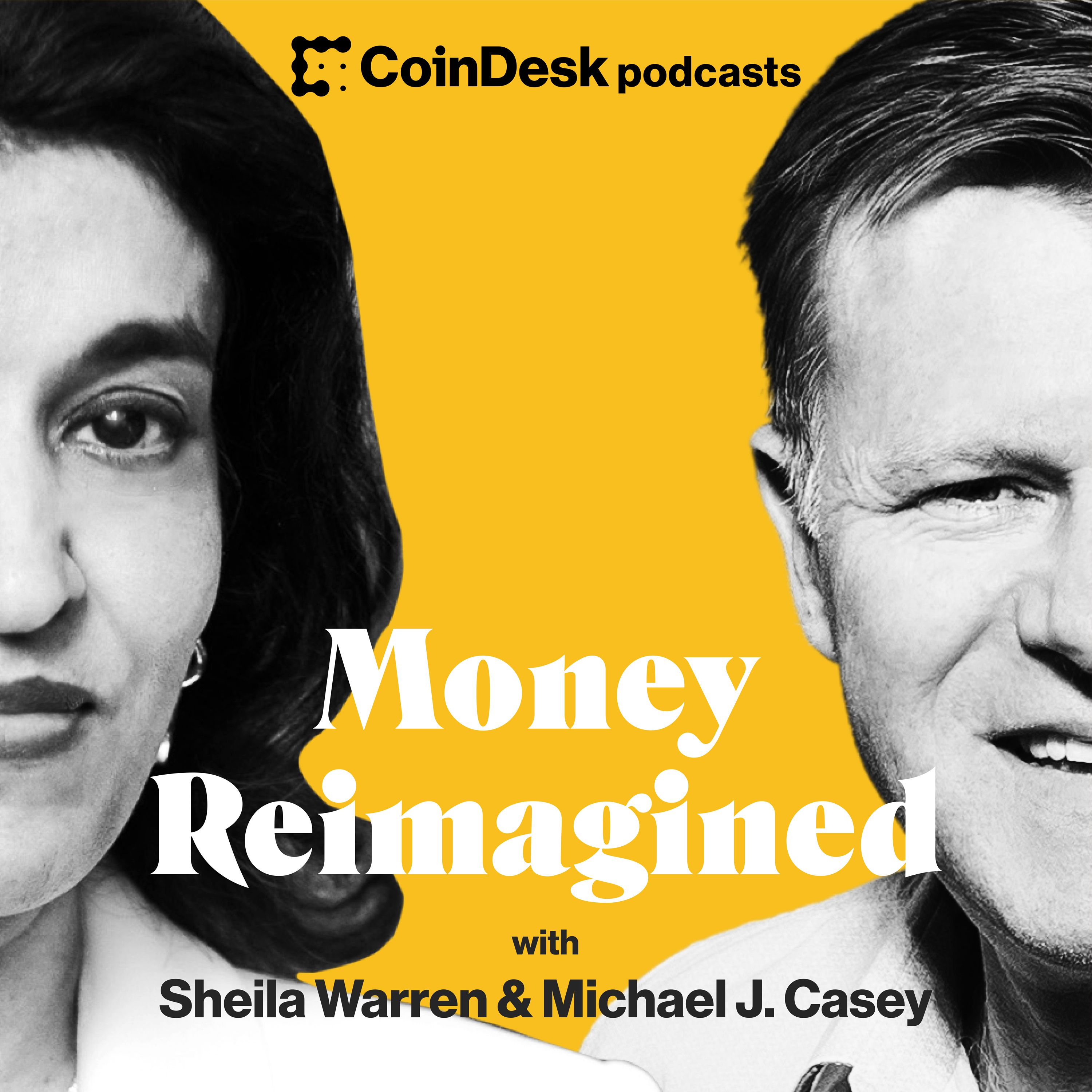Blockchain technology has brought about conversations around decentralization, anonymity, agency and empowerment to the wider world. On this week’s “Money Reimagined,” hosts Michael Casey and Sheila Warren are joined by two experts to discuss digital security and privacy, with a focus on India.
This episode is sponsored by Unique One Network.
Dr. Usha Ramanathan, is a lawyer and human rights activist in India. She has worked since 2009 to challenge India’s controversial digital identity program. Marta Belcher, serves as general counsel of Protocol Labs, chair of the Filecoin Foundation and special counsel to the Electronic Frontier Foundation. Belcher recently testified on crypto before the U.S. Senate Committee on Banking, Housing and Urban Affairs.
Initiatives have been popping up around the globe, claiming to address social issues such as banking the unbanked, humanitarian data within refugee camps and identification programs to increase access to governmental programs. There is a romantic appeal to believing these initiatives are built of good intentions, but this is not always the case in practice. Whether as a simple money grab, user data collection or surveillance, these enterprises bear underlying intentions harmful to the users they are representing.
India’s Aadhaar structure, a biometric, digital and physical identity system, is the world’s largest biometric ID system. It exists entirely centralized, and the data honeypot it presents has gotten the government of India in trouble more than once. An increasing number of systems, from the mundane like grocery shopping to the official like marriage registrations, have begun to require an Aadhaar number.
And it’s not a perfect system. Individuals can and have been barred from receiving essentials because of technical snags in the registration process with Aadhaar. The system also brings up serious privacy concerns.
While some choose to use blockchain technology for its ability to transact anonymously, others work towards establishing digital self-sovereign identity solutions. Where is the balancing point between anonymity and ease of use? Is the additional space anonymity provides around an individual essential to their rights in markets and society?
Image credit: anand purohit/iStock/Getty Images Plus, modified by Coindesk













